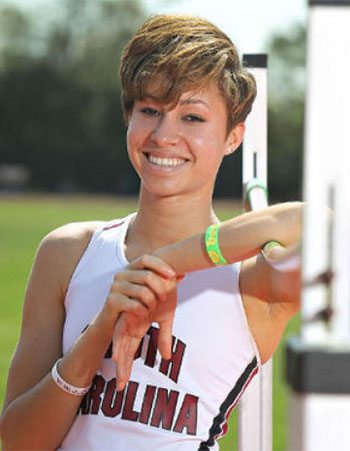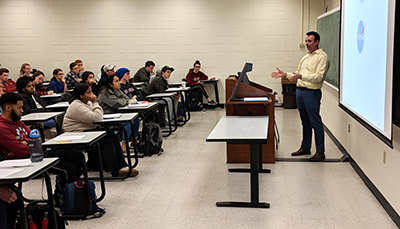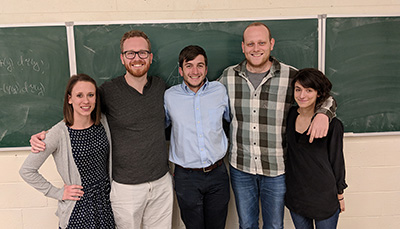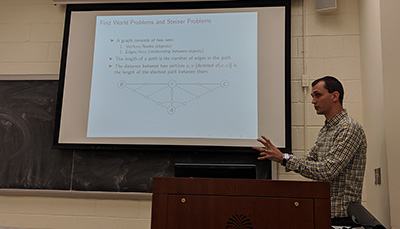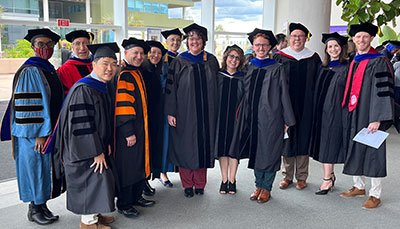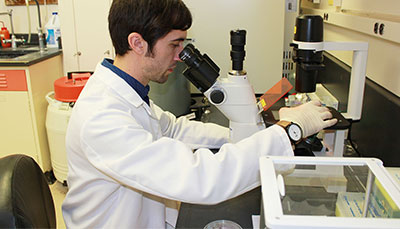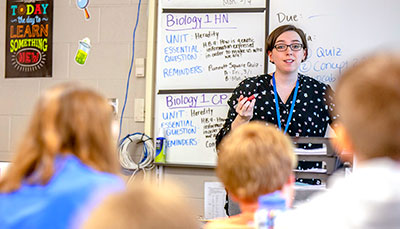Economics, M.A.
Darla Moore School of Business
The Master of Arts in Economics combines a solid foundation in economics with an emphasis on practical applications. You'll acquire some of the most sought-after skills in business and government today.
You'll develop real-world economic and financial experience, covering a vast array of industry-related topics such as sales and revenue forecasting, marketplace trend analysis and econometric modeling. Choose from three track options — economics, financial economics or thesis — according to your education and career goals.
Program Highlights
-
Flexible Curriculum
Get the flexibility you need, regardless of the track you choose, to customize your degree to suit your needs and aspirations.
-
An Outstanding Faculty
Learn from a world-renowned faculty full of thought leaders who have a wealth of relevant industry experience.
-
Take the Next Step
Enjoy all the advantages offered at the Moore School, which is internationally renowned for its superior programs.
Building Skills
Gain the professional and personal intelligence it takes to have a successful career.
-
Teaching
Foster learning by conveying knowledge, skills and concepts to students
Analytical Reasoning
Breaking down complex problems or situations to identify patterns, connections and solutions
Data Analysis
Examining and interpreting information to uncover insights and inform decision making
-
Budgeting
Creating a financial plan by estimating expenses and revenues to allocate resources effectively
Problem Solving
Identifying, analyzing and resolving problems or challenges using creative and effective strategies
Critical Thinking
Analyzing and evaluating information to make informed decisions or judgments
Using your degree
Make your college experience the foundation for a successful future.
Potential Careers
- Public Policy Analyst
- Statistician
- Consultant
- Actuary
- Investment Manager
- College Professor
Workplace Settings
- Business
- Education
- Government
- Private or Public Industry
- Public Policy Administration
